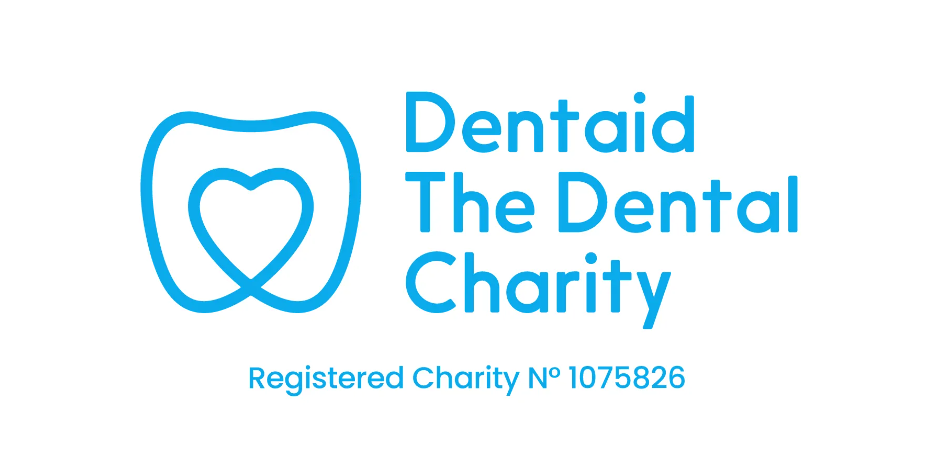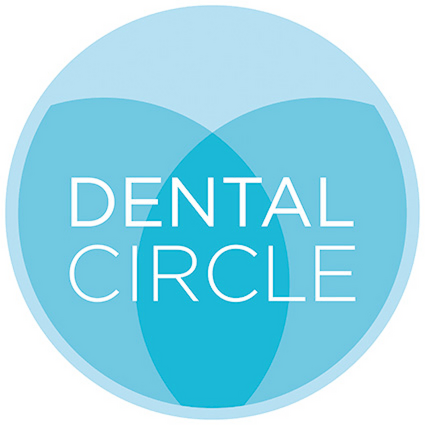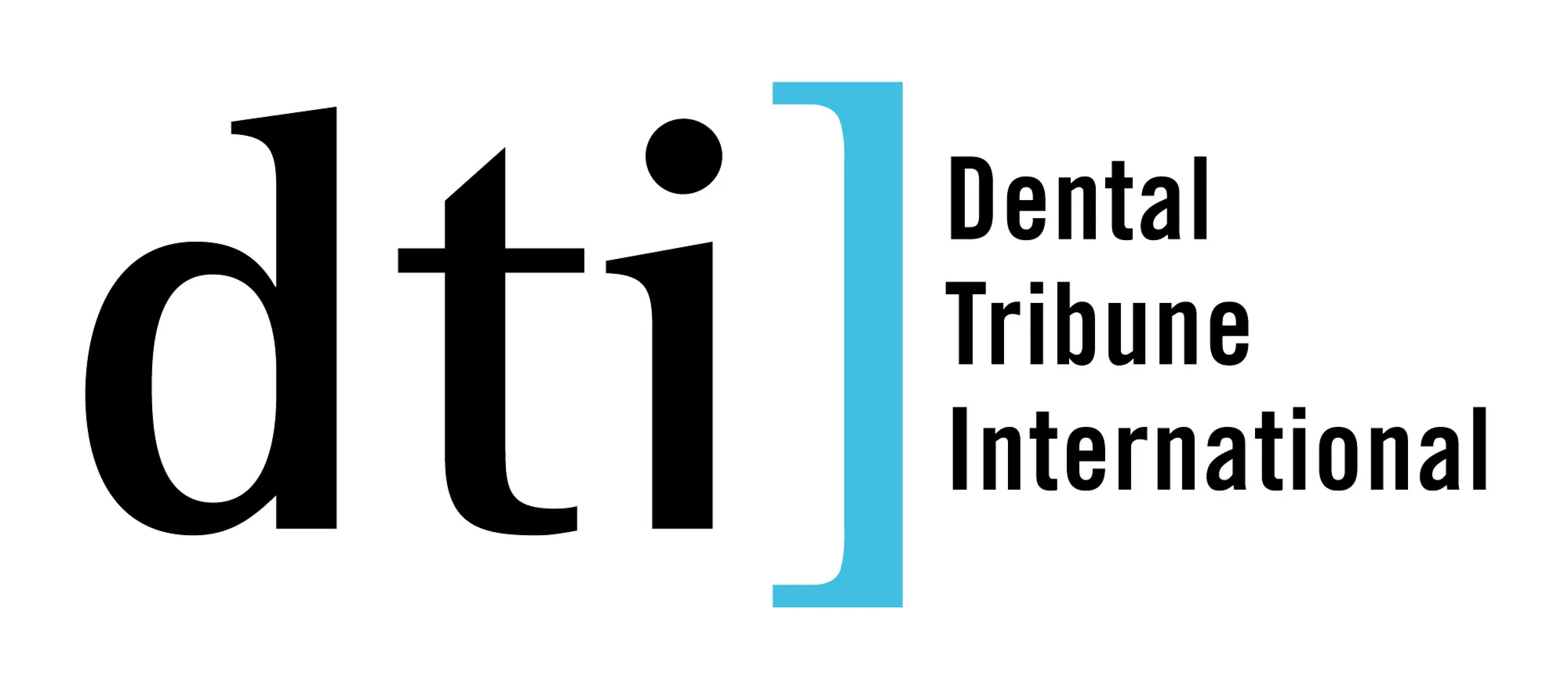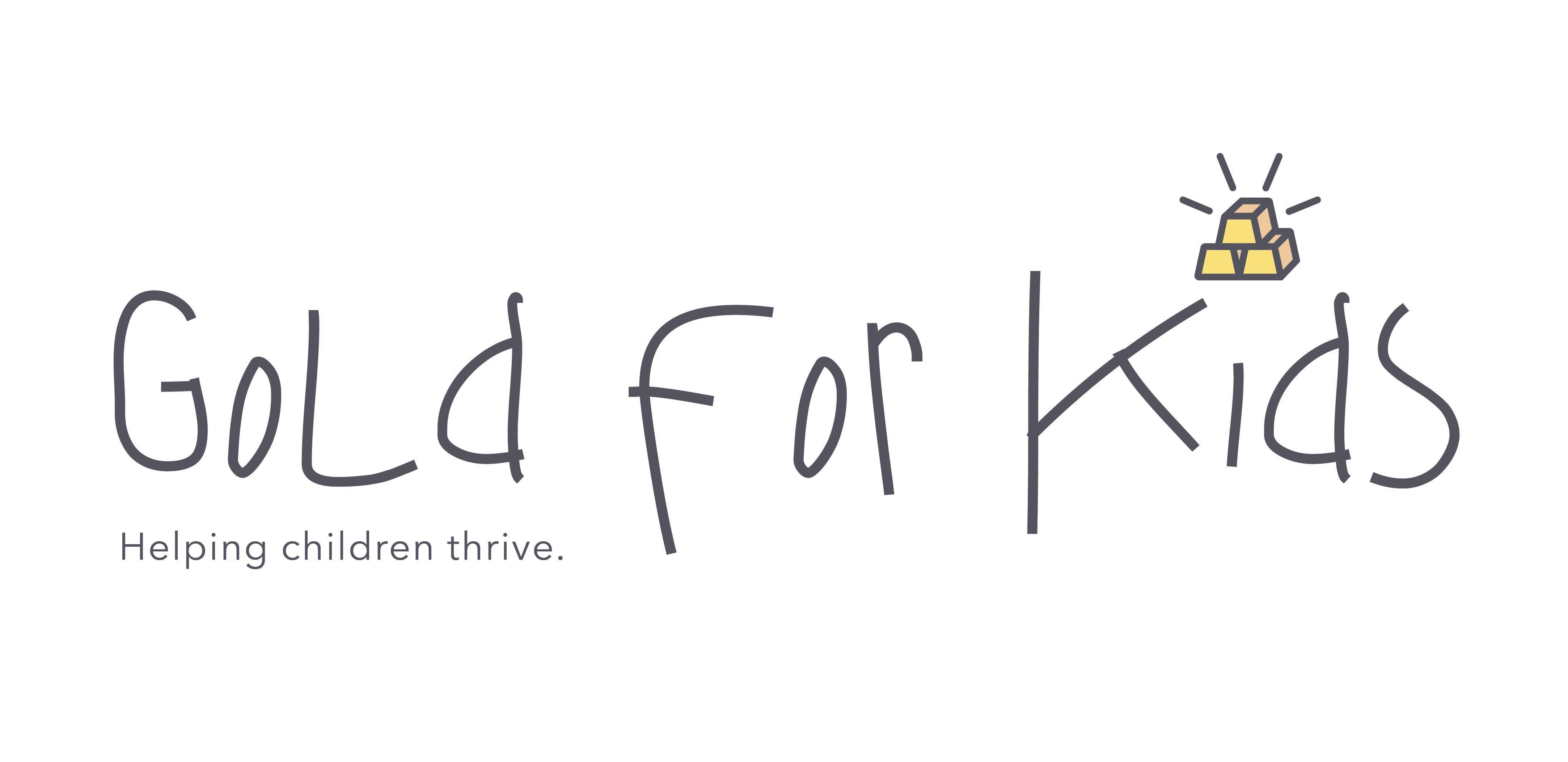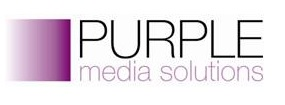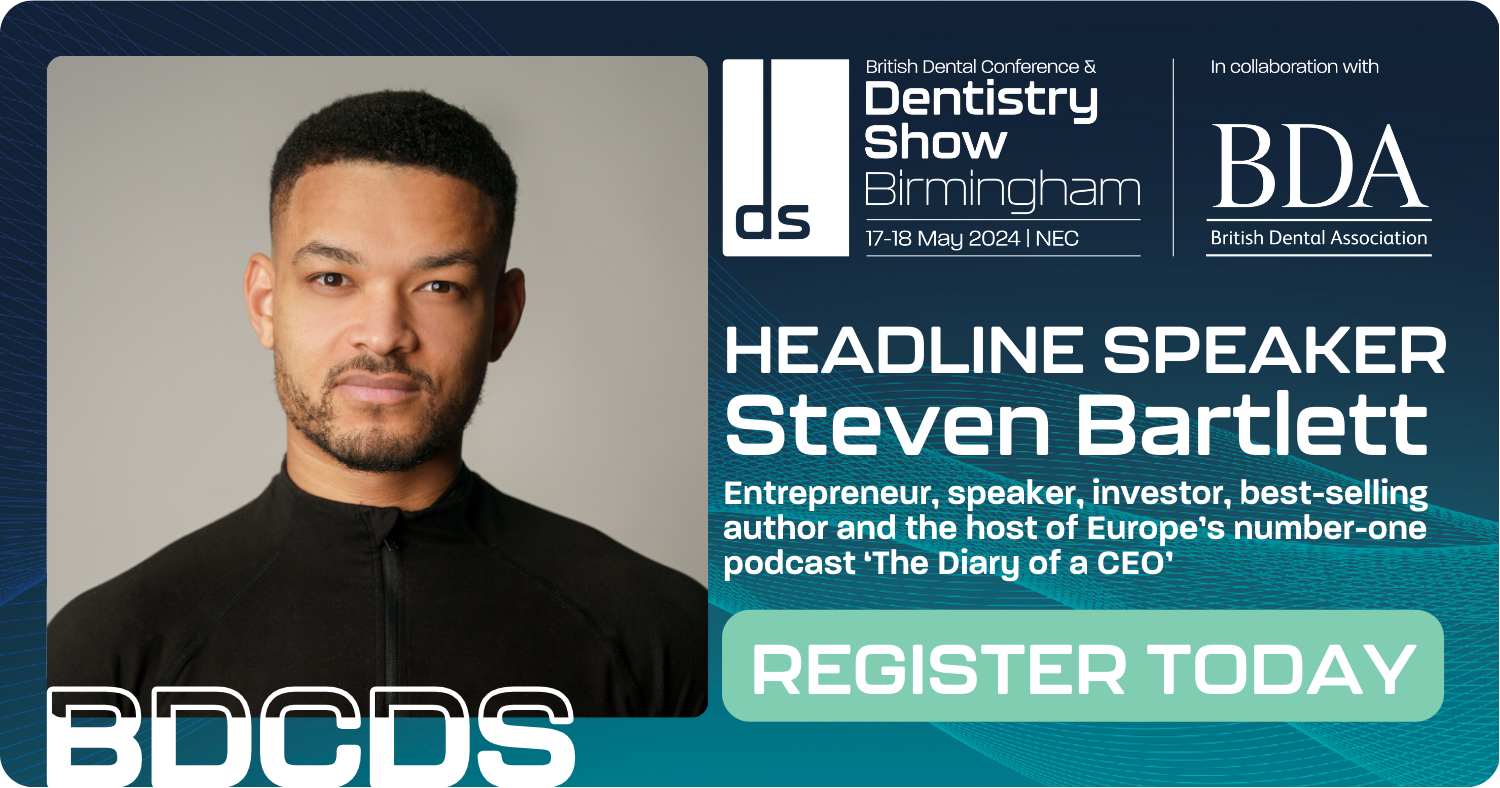Neurodiversity and its relevance to dentistry
)
Neurodiversity is a subject which has been gaining more traction in recent years as different ways of learning and processing information are starting to be recognised and celebrated in the mainstream.
At this year’s British Dental Conference & Dentistry Show, dental nurses Sarah Haslam and Joycee Rebelo will be discussing neurodiversity and what the dental team need to know about it in order to effectively support patients. Covering a variety of conditions such as autism, ADHD, dyslexia and dyspraxia, it is estimated that around one in seven people are neurodivergent, meaning that neurodiversity is a highly relevant topic for dental professionals who are likely to see neurodivergent patients on a daily basis.
Both Sarah and Joycee have a special interest in providing care for neurodivergent patients and are passionate about raising awareness of neurodiversity among dental professionals. Sarah and Joycee explain that “neurodiversity is a term that describes the unique ways people's brains work. While everyone’s brain develops similarly, no two brains function identically. Being neurodivergent means having a brain that works differently from the average – or ‘neurotypical’ – person.”
While neurodiversity has often been misunderstood in the past, Sarah and Joycee are keen to dispel myths surrounding these conditions and remove any stigma that exists. “When it comes to neurodiversity, we should be celebrating the variety of cognitive processes that exist, similar to how we celebrate the diversity found in culture, language and appearance. These variations, including conditions such as autism, ADHD, dyslexia and Tourette’s, aren’t disorders but natural expressions of human cognition. Just as we value cultural and linguistic diversity, embracing neurodiversity enhances our understanding and appreciation of the different ways in which individuals experience the world.”
Sarah and Joycee believe that a greater understanding of neurodiversity among dental professionals would massively increase the quality of patient care. “As dental professionals, we interact with diverse patient populations on a daily basis, and it is important that we are able to recognise what neurodiversity is. Dental professionals play a crucial role in providing fair and objective oral healthcare to all patients, including those with neurodivergent traits. Recognising and embracing neurodiversity in patients will help promote holistic and patient-centred care, which in turn enhances the overall quality of dental care services. In addition, understanding neurodiversity will also help us to support our fellow neurodivergent colleagues.”
During their speaking session at the British Dental Conference & Dentistry Show, Sarah and Joycee will share a number of simple measures that can be put in place to help neurodivergent patients feel more at ease during their dental appointments. Sarah notes that “one example could be time management. A neurodivergent patient who is given an appointment time of 15:00 may be expecting to be seen by the dental team at exactly that time. It has happened to me in the past that a patient has walked out of the practice when there has been a slight delay, so one suggestion to manage this might be to book that patient in at the beginning of the day as the first patient to be seen.”
Sarah and Joycee also recommend a number of useful resources to help dental professionals learn more about neurodiversity and how to support neurodivergent patients. “BDJ Team offer an exclusive series on neurodiversity in dentistry, providing valuable insights and information for dental professionals. Additionally, various national organisations and charities such as The Brain Charity, National Autistic Society, ADHD Foundation, ADHD UK, British Dyslexia Association, Tourettes Action, and British Society for Disability and Oral Health offer resources and guidance on the subject.”
Ultimately, when it comes to neurodiversity, Sarah and Joycee note that “we, as dental professionals, have a duty of care to support our patients no matter what their background. The first step to providing better care for neurodivergent patients is to learn more about what neurodiversity is and what it isn’t. We hope that our session at the British Dental Conference & Dentistry Show will help equip dental professionals with the tools they need to effectively support neurodivergent patients and colleagues.”

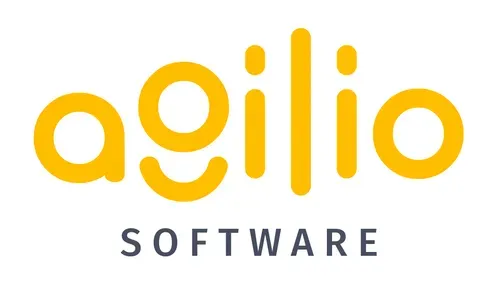
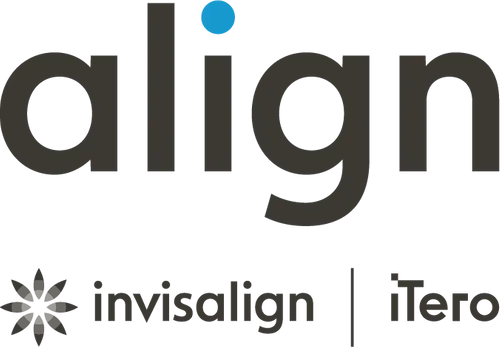





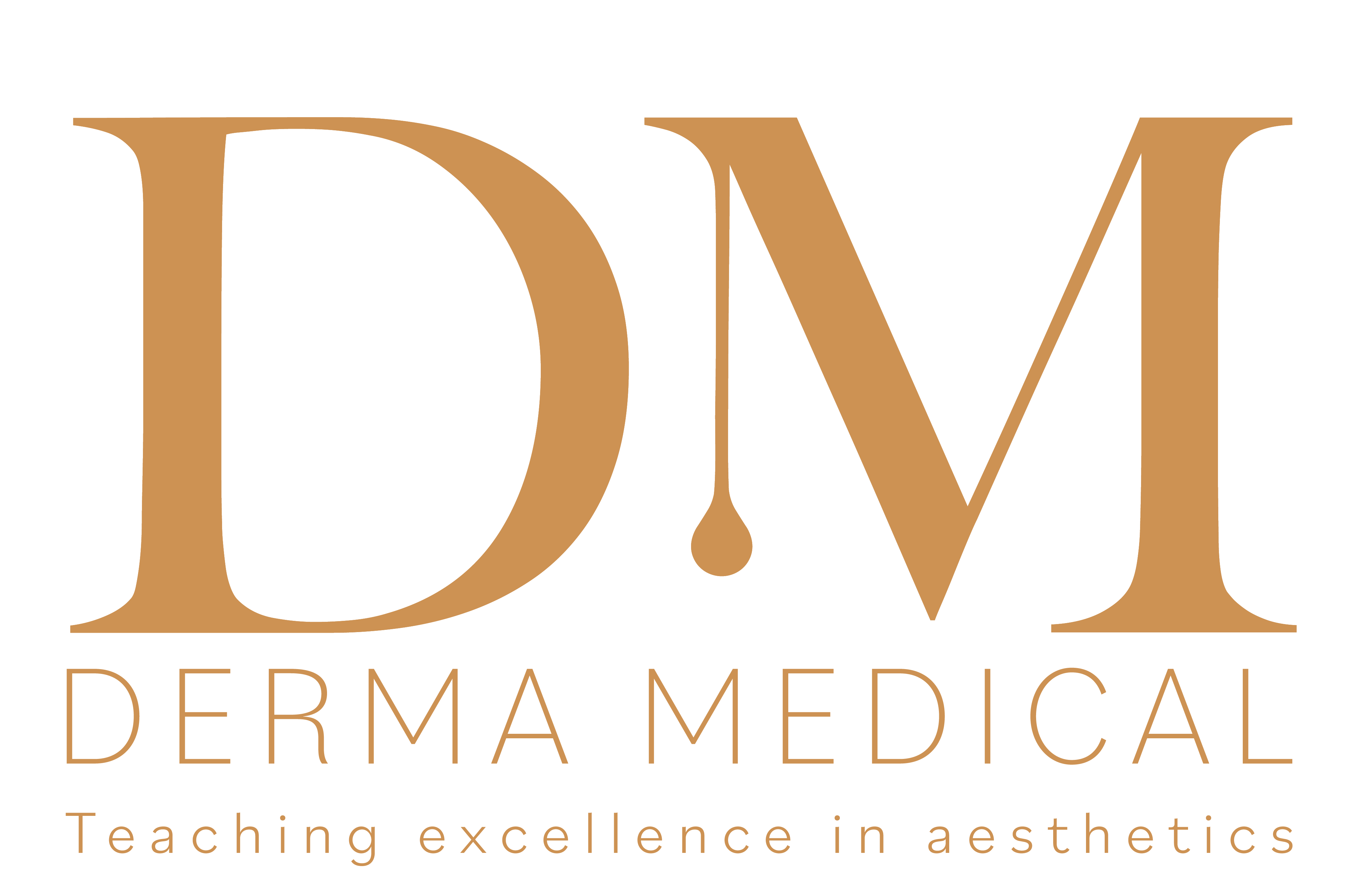
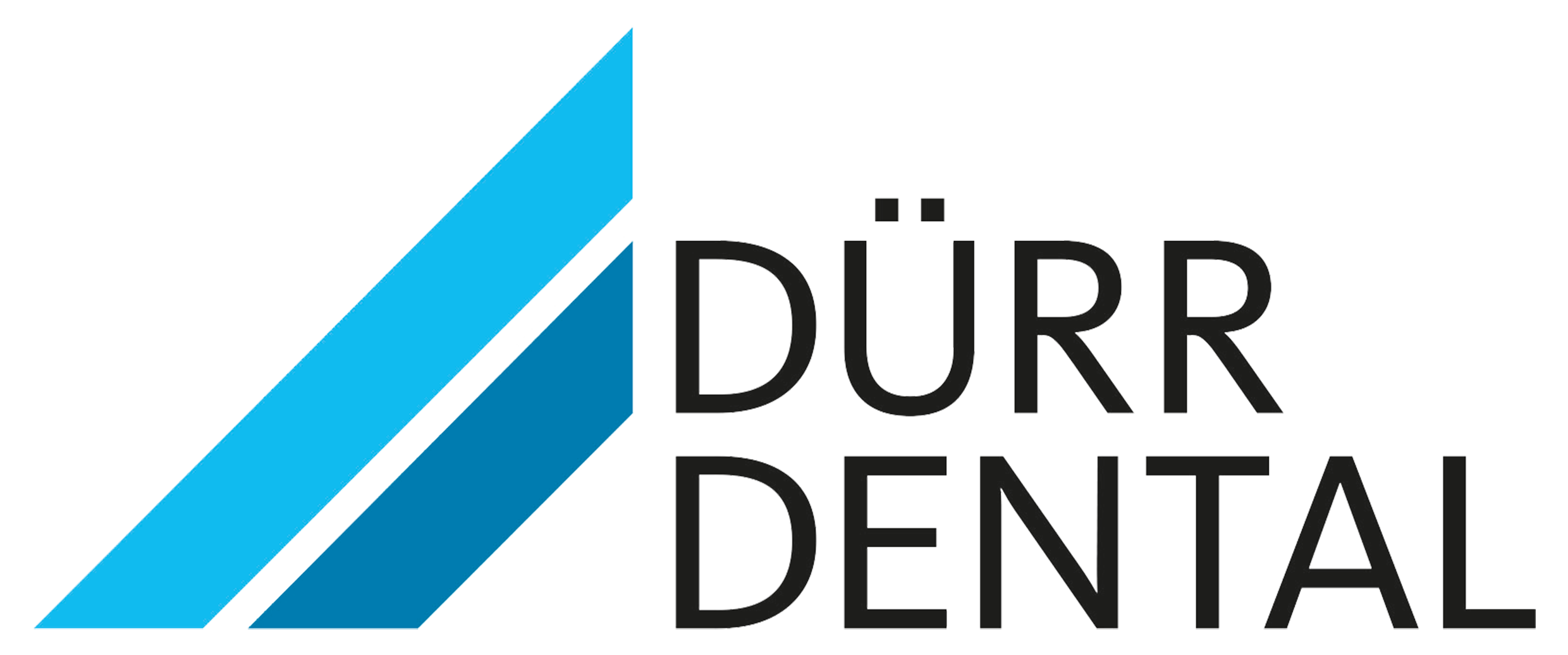
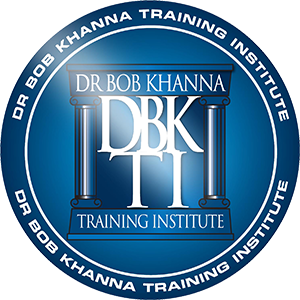





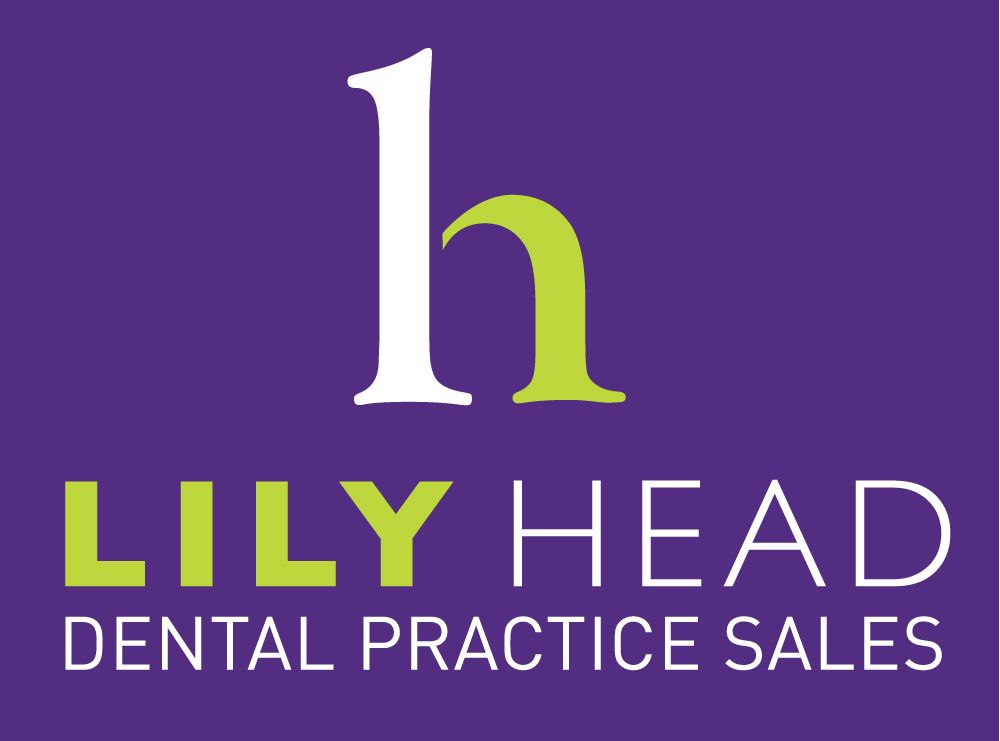






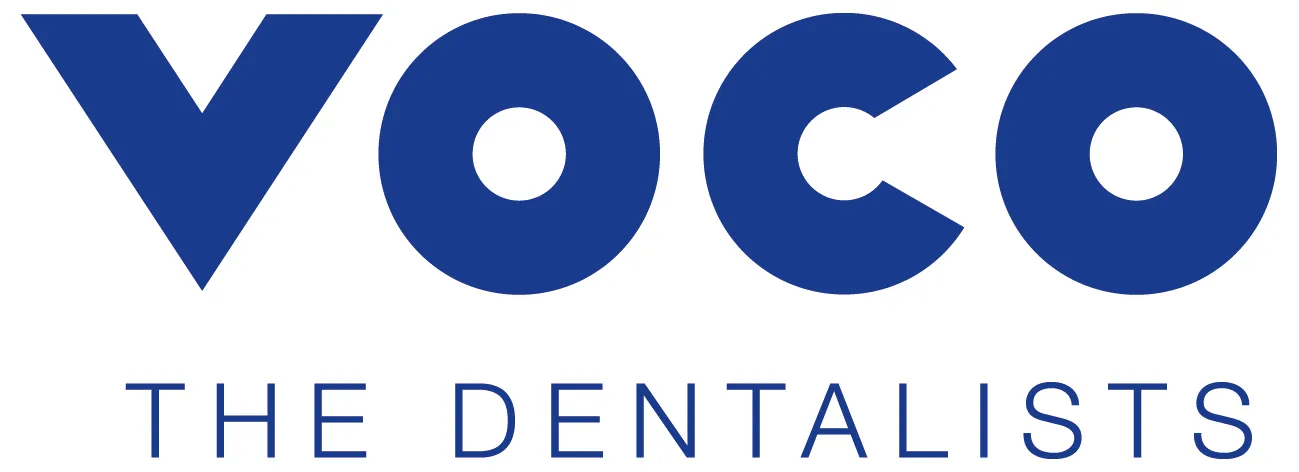




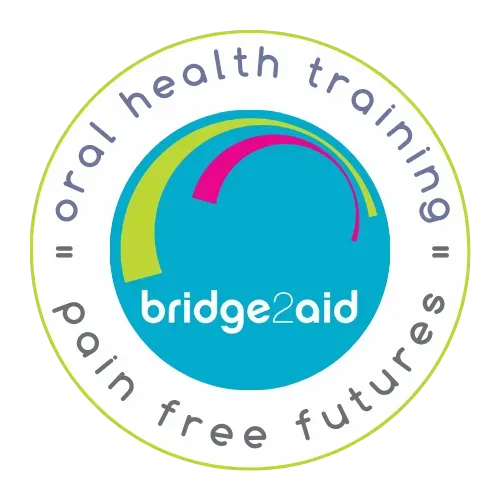
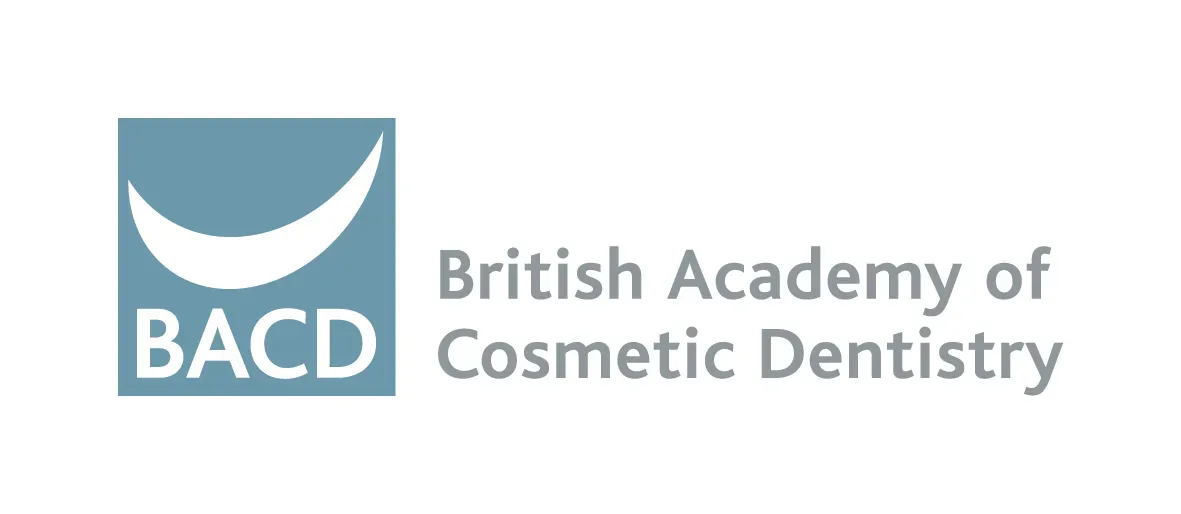
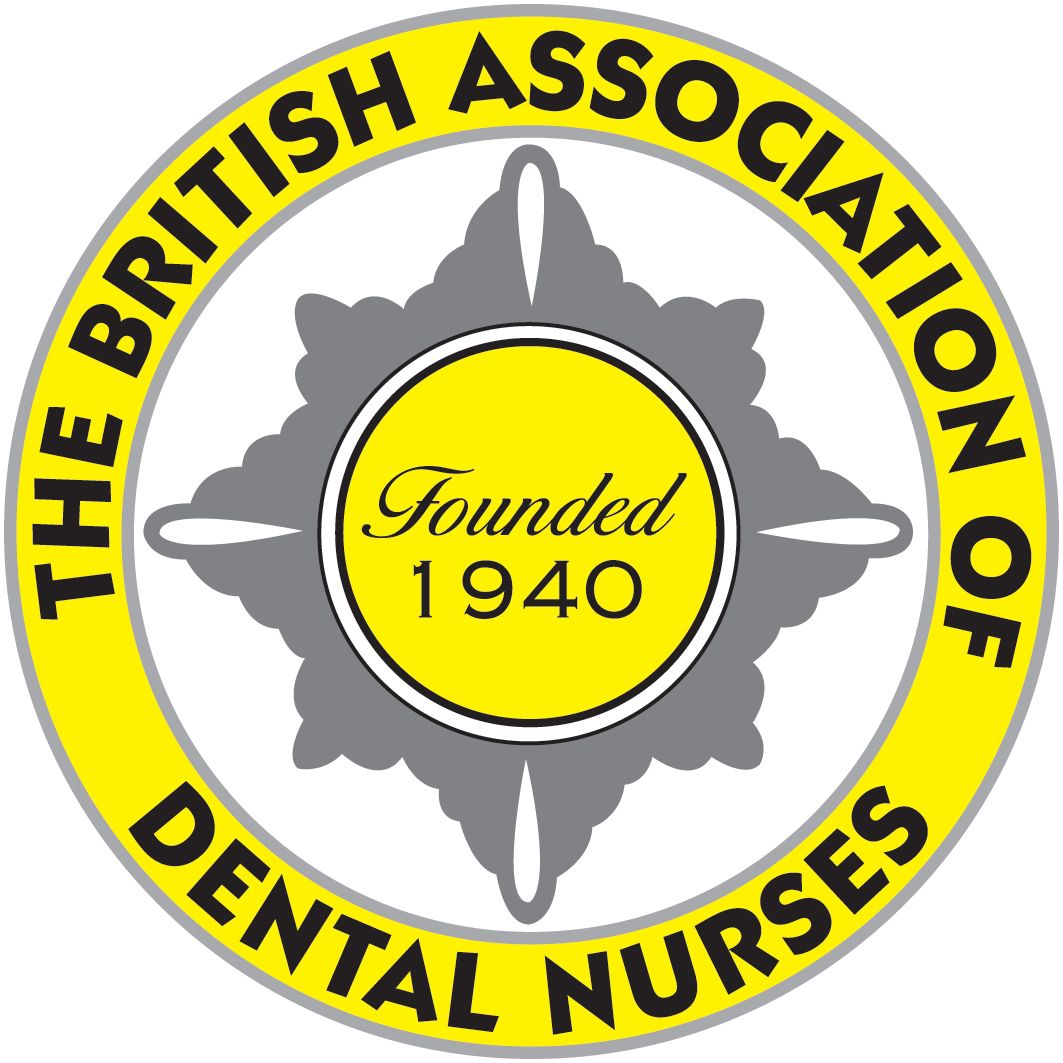
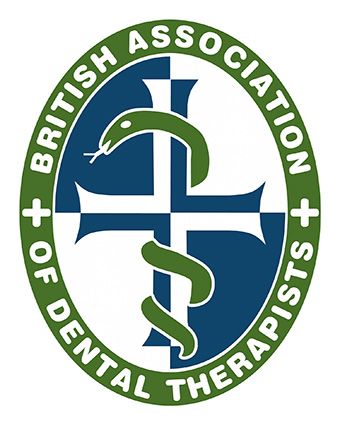
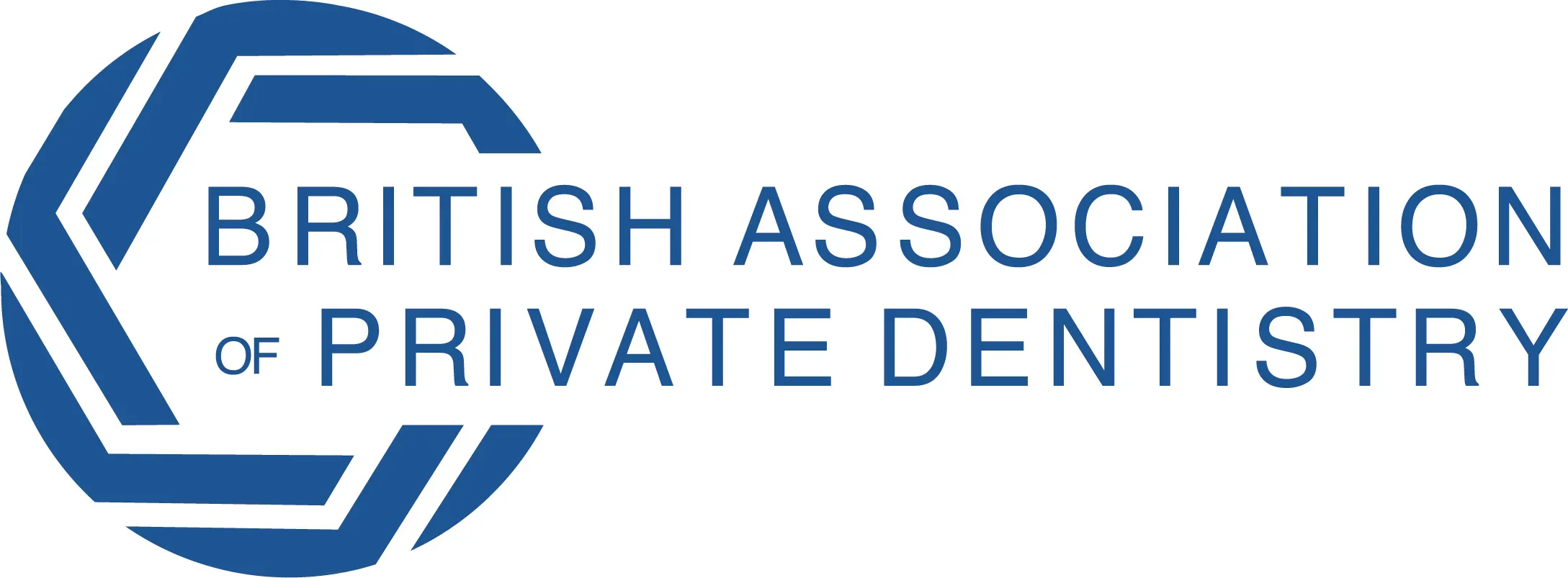
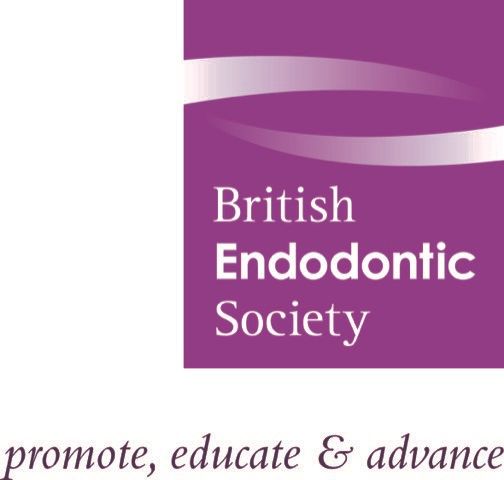
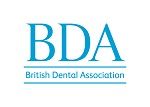
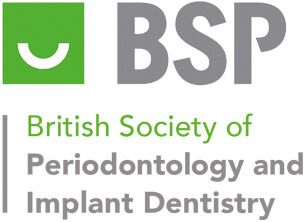
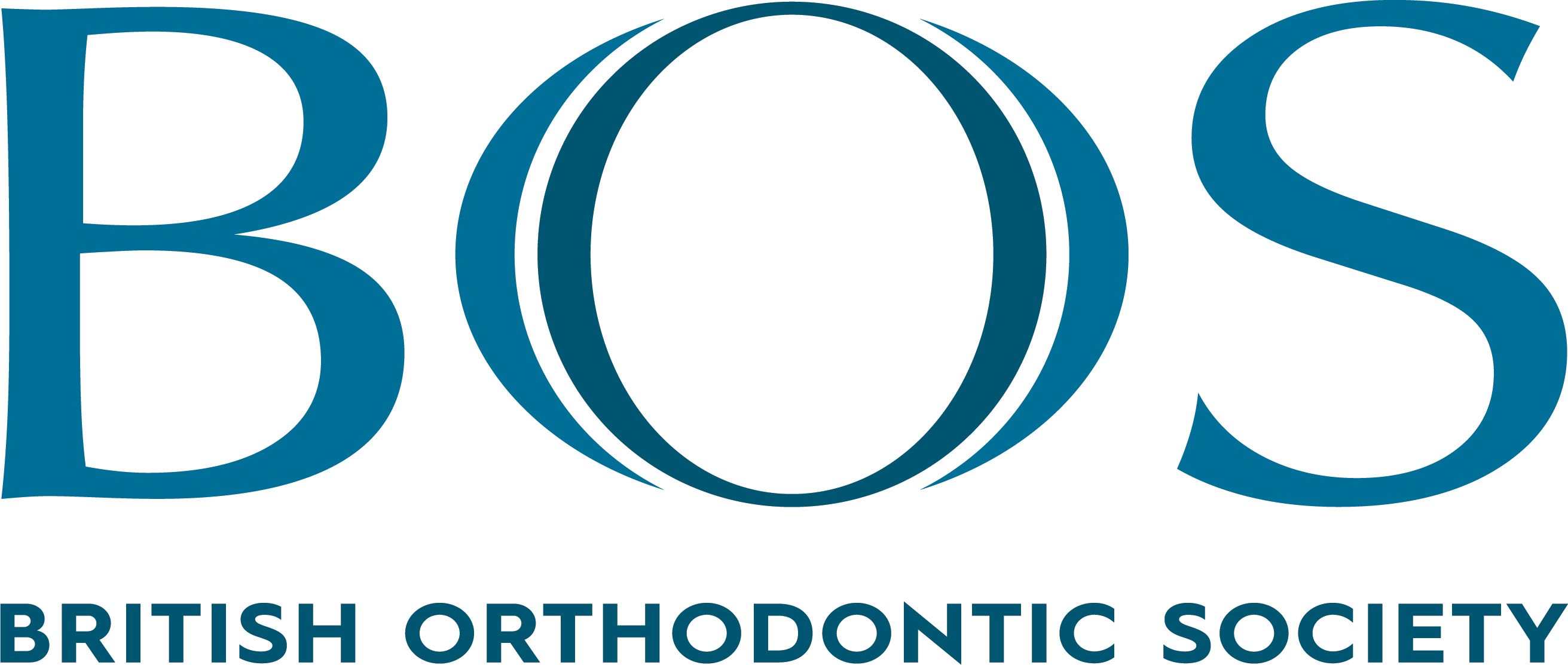

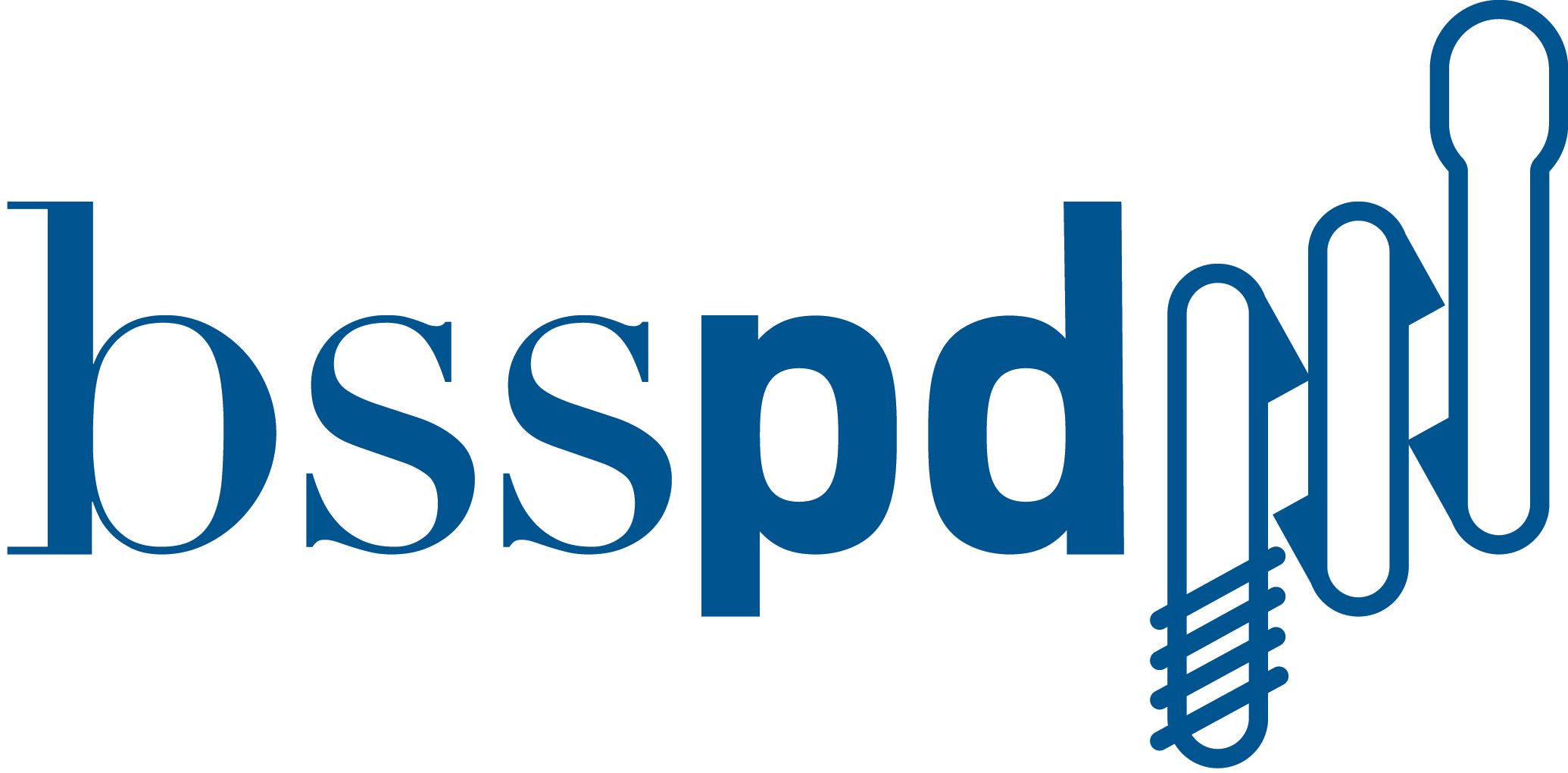
.png)
